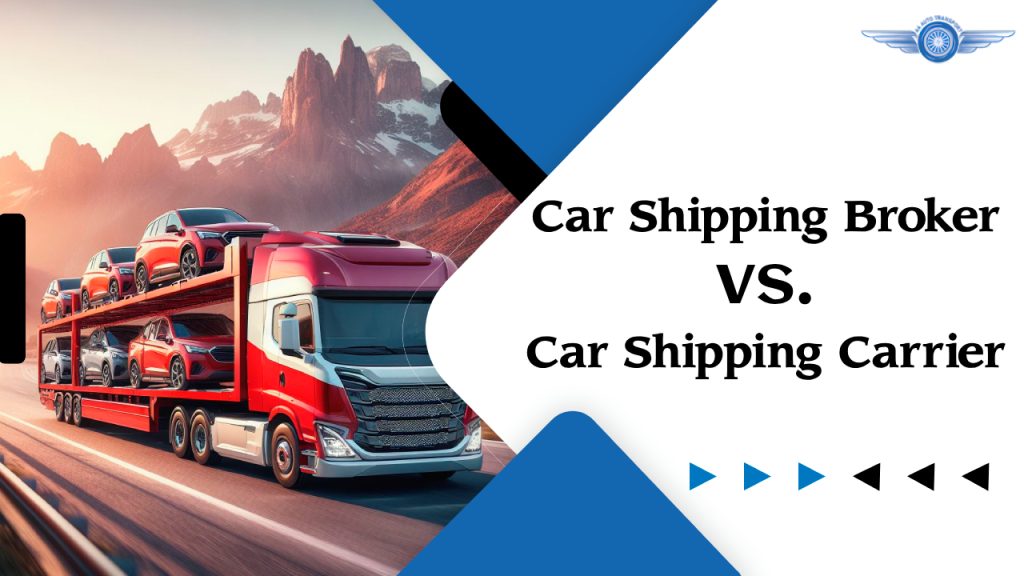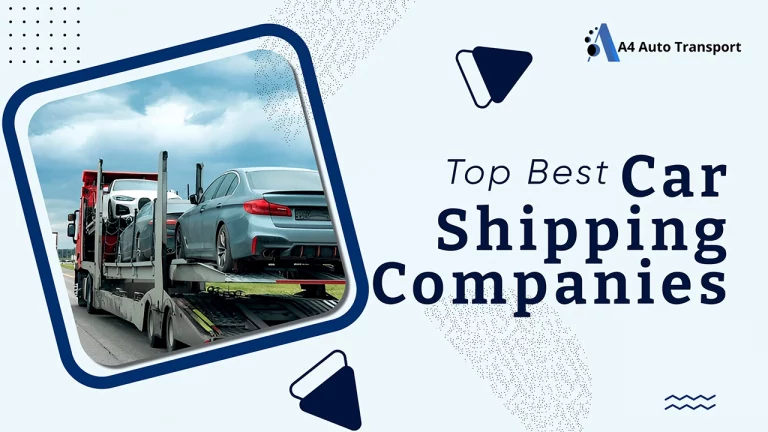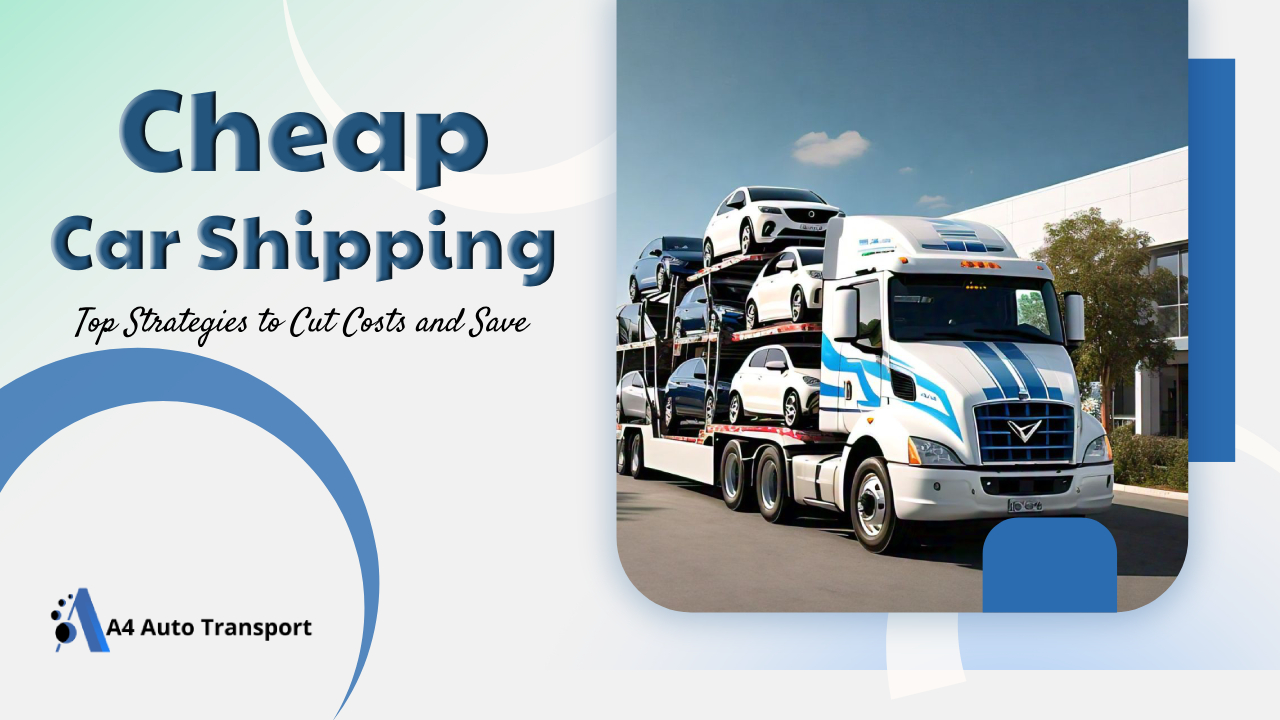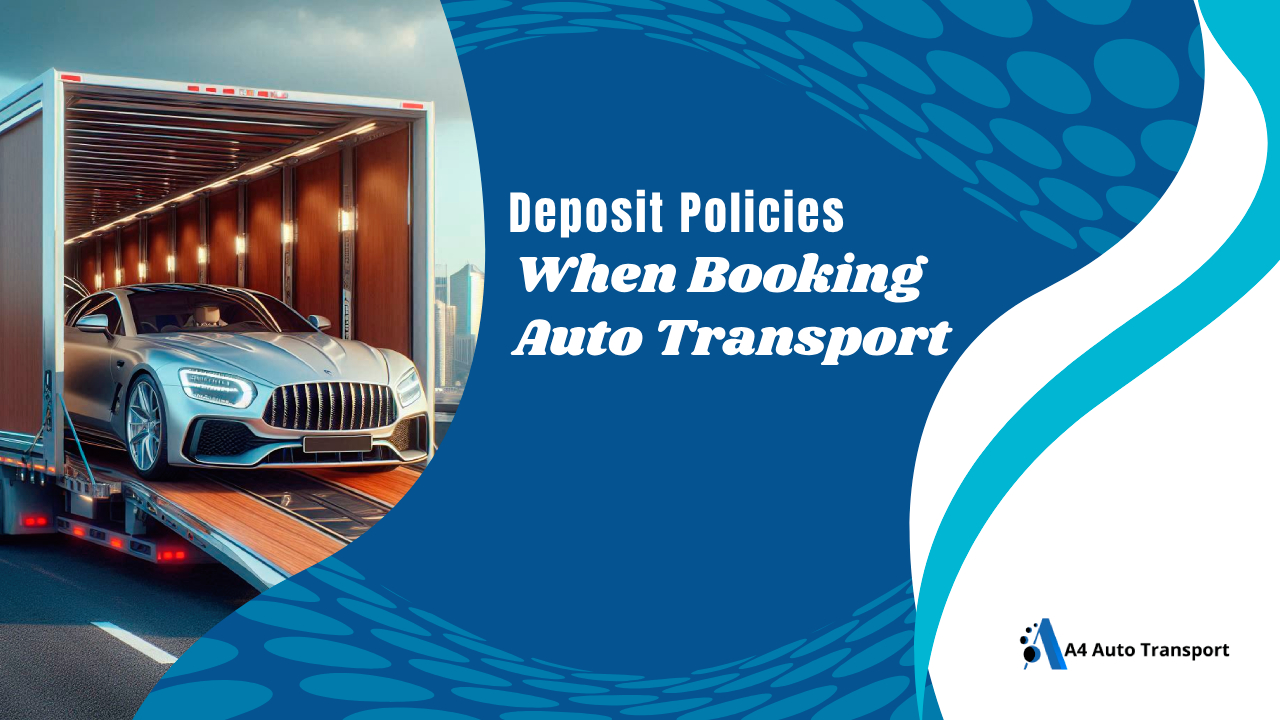Shipping Your Car? Should You Choose an Auto Transport Broker or Carrier?

So you find yourself in the situation where you have to get your car across state borders. Perhaps it’s due to a relocation, or maybe you’ve just found an incredible deal on a vehicle that’s a couple of states away. In any case, you’re most likely curious about the best way to transport your four-wheeled companion to its new destination. The world of auto transport companies introduces two important actors: brokers and carriers. Fear not, we will delve into the details that will assist you in choosing the ideal partner according to your requirements.
Carriers
When you think of carriers, imagine them as the powerhouse propelling your journey forward. These are the firms with colossal rigs and trailers that transport your car over vast distances. Picture them as seasoned couriers for your vehicle— possessing not only the truck but also the knowledge and insurance coverage to ensure a safe delivery from point A to point B.
Advantages:
- Potential savings: You stand to save a few bucks by sidestepping the intermediary (broker) and transacting with the carrier one-on-one.
- Conversational Carriage: An exchange with the individual ferrying your vehicle can address queries or cater to any specialized instructions you may have.
- Route Revelations: Transporters plying your particular path often might be privy to forthcoming hindrances or delays.
Downsides:
- Quotation Quandary: Unearthing a carrier with open slots for your timeline and available route might eat up time as you reach out to different companies for quotes.
- In your role as a detective, thorough investigation will be essential to confirm that the carrier is licensed, insured and maintains a good safety record.
- Dealing with carriers might lack flexibility since they usually follow fixed schedules and routes; therefore, trying to negotiate the locations or dates for pick-up and drop-off could pose some challenges.
Brokers
Automobile transport’s intermediaries play a pivotal role in facilitating the process. They act as middlemen who connect vehicle owners with transport companies, ensuring a smooth transaction. In exchange for their services, brokers typically receive a commission from either or both parties involved. This allows them to operate without direct cost to their clients while still making a profit themselves. By serving as neutral third parties and providing expertise on the industry, brokers help to streamline the negotiation process between the two primary stakeholders: the shipper and the carrier. Most of the best car shipping companies out there are brokers.
Auto transport brokers can be likened to matchmakers in the world of car transportation. They maintain a network of carriers pre-vetted throughout the United States, playing the role of intermediary and identifying the most suitable carrier for your particular circumstances. Brokers do not possess their own trucks; instead, they facilitate your connection with an optimal carrier that can transport your vehicle.
Advantages:
- Ease Delivered Directly to You: In a simple way and in little time, brokers are able to provide you with cost estimates from several different carriers. This enables you to conveniently compare prices and services without hassle— no need for any more phone calls around town!
- A visual masterpiece: The brokers are well acquainted with the auto transport sector, and thus can guarantee a connection between you and a reliable carrier who is suitably qualified— they have done all the legwork for you! A singular destination: The brokers serve as your sole point of contact; taking charge of all communications with the carrier as well as any emerging issues on your behalf. You won’t find yourself playing the age-old game of phone tag anymore!
- Moving at a quicker pace: Brokers, in general, have a wider variety of carriers at their disposal which means that you stand a better chance of securing a transport service promptly and having your vehicle en route sooner.
Downsides:
- The Broker’s Fee: Brokers do bill a fee for the services that they provide and can be rolled into the total cost of transportation at the end.
- A Little Less Control: Your communication with carriers might have intermediaries which would lessen your direct control over booking if you were to book them directly.
- Quote Confidence: The first quote that a broker provides is not always the final cost. Be prepared to find more charges or surcharges on your bill besides what was initially quoted.
- Deciding between Brokers and Carriers to Champion Your Cause
The right choice for you varies based on your priorities, as outlined in the following brief guide:
The broker is suitable for you in case: you seek a stress-free experience with a variety of quotations and straightforward communication; you value ease and are open to covering the cost of the broker fee; your priority is to have your car transported promptly and enhance the possibility of securing a carrier according to your schedule.
Team Carrier if you want to avoid broker fees. Team Carrier if you value direct communication with the driver. Team Carrier if you appreciate the experience of a carrier who often travels your route.
Keep in mind that regardless of the path you take, always conduct proper research! Obtain quotes from several brokers or carriers, scrutinize their reviews and qualifications, and verify that they are licensed as well as insured. A bit of investigation will lead you to the ideal champion who can ensure the safe delivery of your car to its new abode — now that is what one would call a smooth ride!
a4AutoTransport is a group of auto transport researchers and experts that comes in handy for anyone who wants to move their car/vehicle without putting extra miles on the odometer. At a4AutoTransport, We researched over a hundred car shipping companies, interviewed real customers and industry leaders, and collected nearly 500 quotes to find the nation’s best auto transport companies. With our combined 5 years of industry experience and research, we’ll help you find the right car shipper for your budget.







